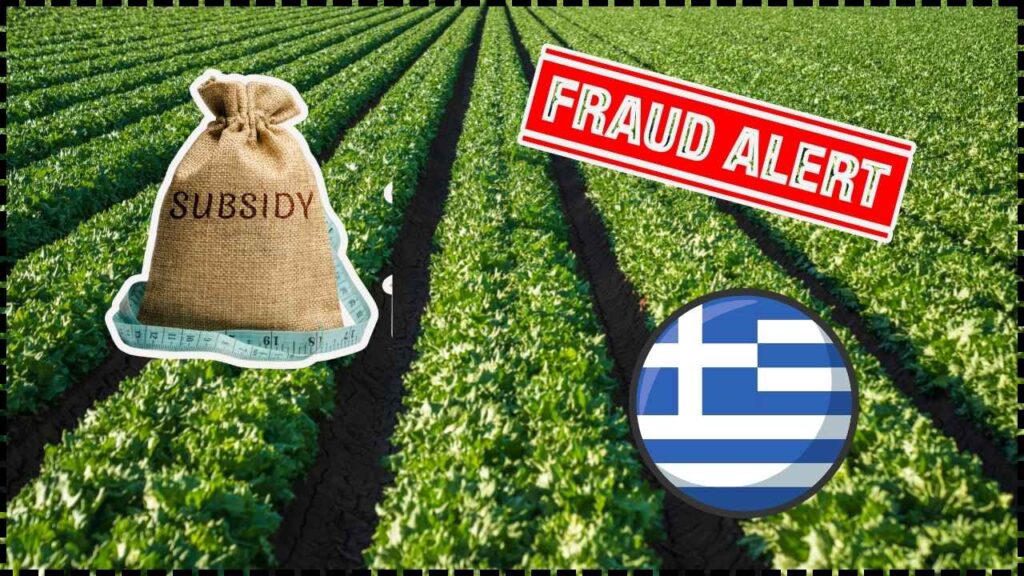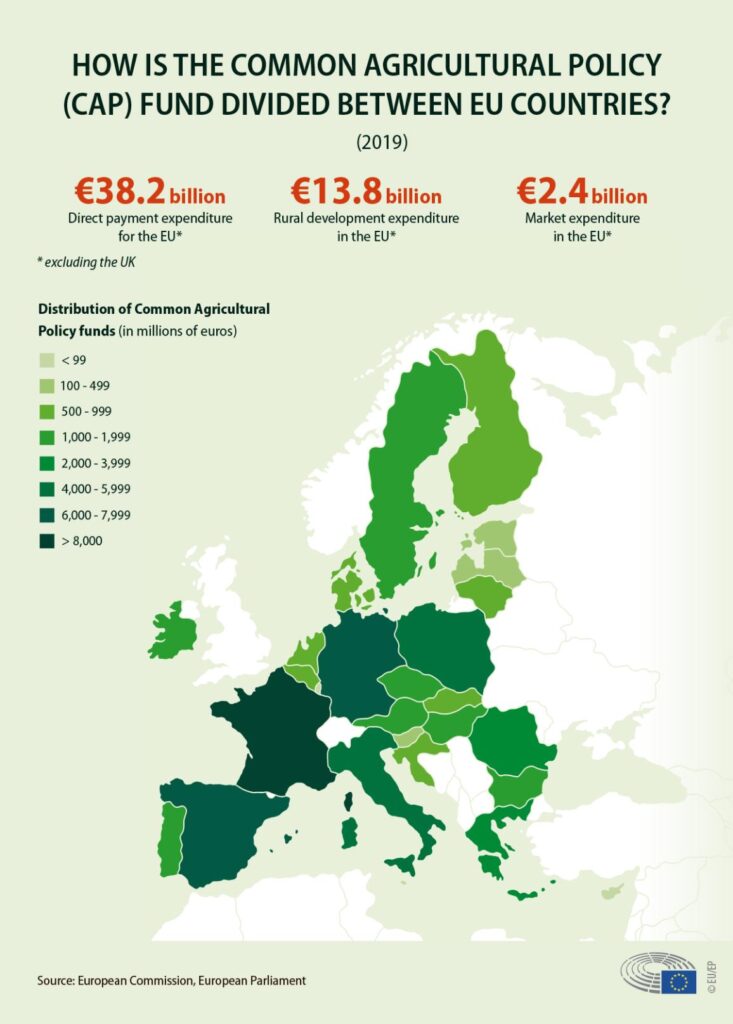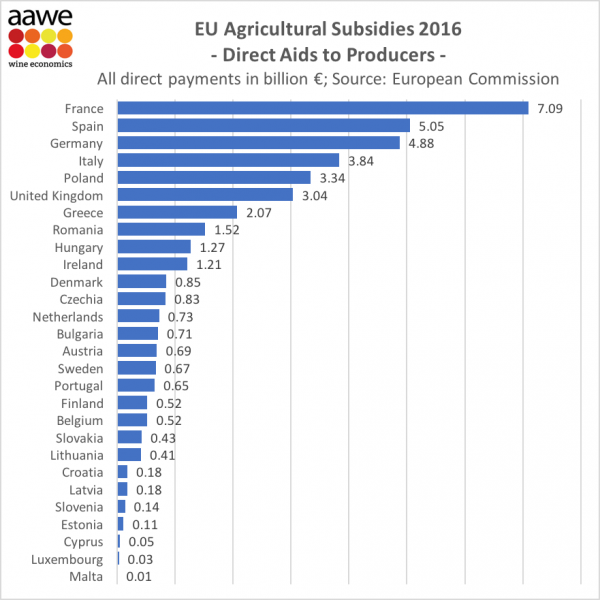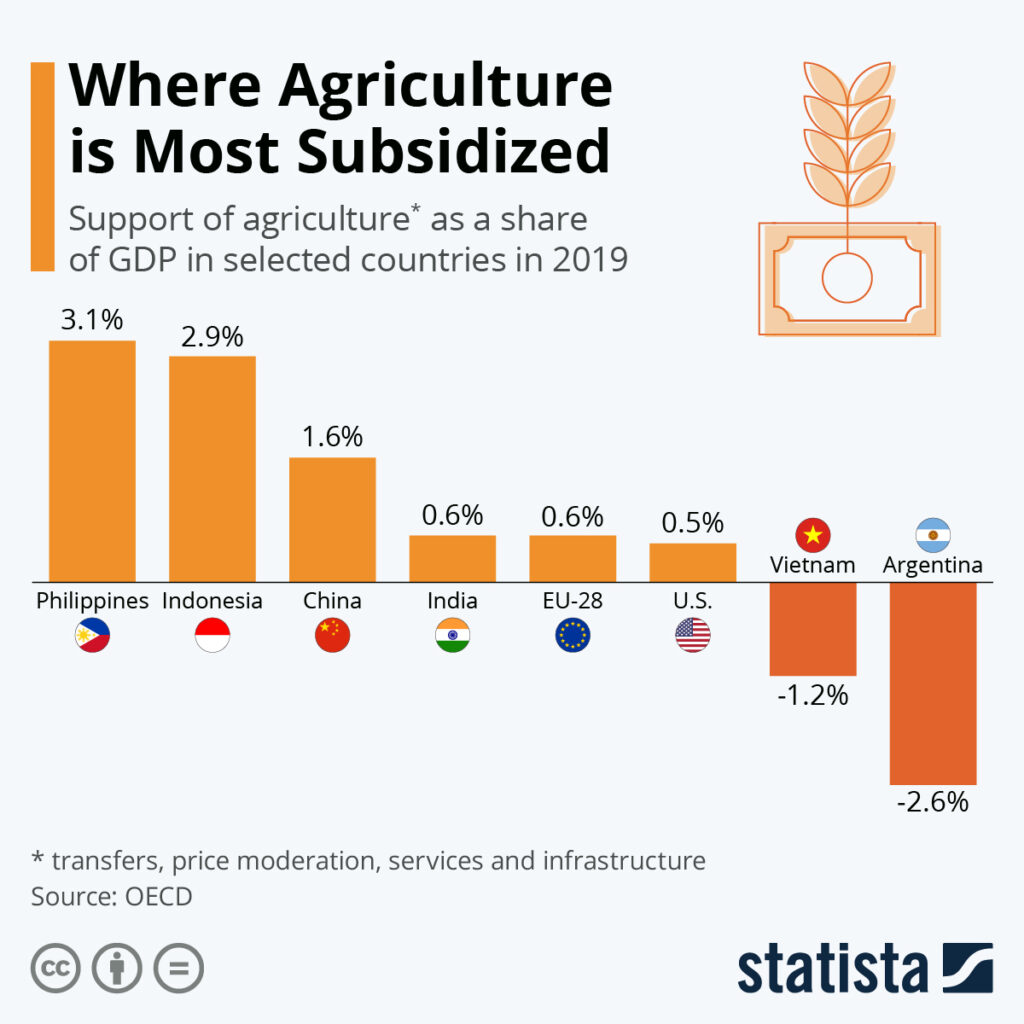Greek PM Exposes Chronic EU Farm Subsidy Fraud: When Greek Prime Minister Kyriakos Mitsotakis exposed chronic EU farm subsidy fraud, it wasn’t just another headline—it was a wake-up call for Europe. The scandal revealed that billions of euros—money meant to support hardworking farmers—were being siphoned away by fraudsters using fake claims, phantom farms, and imaginary livestock. This isn’t just about Greece. It’s about trust, accountability, and the future of agriculture across the entire European Union. And while the details can be almost laughable (like banana groves on Mount Olympus), the reality is deadly serious. Farmers are left short, taxpayers are footing the bill, and the credibility of Europe’s farming support system is on the line.
Greek PM Exposes Chronic EU Farm Subsidy Fraud
The Greek Prime Minister’s revelation of chronic EU farm subsidy fraud is more than just a national embarrassment—it’s a turning point. Billions have been lost to phantom farms and fake animals, while real farmers struggle to make ends meet. The scandal has led to fines, resignations, and promises of reform. For farmers, it means both tighter rules and the possibility of a fairer system. For taxpayers, it’s a reminder that oversight matters. And for the EU, it may mark the start of deeper reforms to ensure subsidies finally go where they’re meant: into the hands of the people who actually feed us.

| Point | Details |
|---|---|
| Issue | Chronic fraud in EU farm subsidies in Greece, exposed by PM Mitsotakis |
| Agency Involved | OPEKEPE (Payment and Control Agency for Guidance and Guarantee Community Aid) |
| Scale of Fraud | Around €2 billion annually in subsidies at risk (2016–2023) |
| Fines Imposed | €415 million penalty + 5% cut (~€392 million) on future subsidies |
| Political Fallout | At least five officials resigned, including ex-Minister Makis Voridis |
| Impact on Farmers | Honest farmers face reduced funds, stricter rules, but possible fairer reforms |
| Official Reference | European Commission Agriculture |
Why This Scandal Matters?
Think of it this way: if you’re a farmer in Kansas or Iowa, you rely on USDA programs to steady your farm income. Now imagine if your neighbor—who doesn’t even farm—claimed payments for land that doesn’t exist or animals that aren’t real. They pocket the money while you sweat through droughts and rising costs. That’s what happened in Greece—on a national scale.
The scandal not only robs real farmers but also undermines public trust in programs designed to keep food affordable and rural communities alive.
A Quick History of EU Farm Subsidies
The EU’s Common Agricultural Policy (CAP) has been around since the 1960s. Its goal was simple: stabilize food supplies after World War II, keep farmers in business, and prevent rural poverty. Today, CAP remains one of the EU’s biggest expenses—about one-third of the entire EU budget.
Subsidies are supposed to:
- Support farmers’ incomes.
- Encourage sustainable and climate-friendly agriculture.
- Stabilize food prices across Europe.
But CAP has long been criticized for its complexity and for rewarding the wrong people—sometimes large corporations, wealthy landowners, or, as in this case, fraudsters.
The Scope of the Greek PM Exposes Chronic EU Farm Subsidy Fraud
Fake Farms and Phantom Animals
Investigations uncovered staggering examples:
- Subsidy claims for land that didn’t exist, including forests, highways, and beaches.
- Imaginary livestock: goats, cows, and sheep that only lived on paper.
- “Banana plantations” reported on snowy Mount Olympus.
- Pastureland declared in the sea.
How Much Money Are We Talking?
From 2016 to 2023, nearly €2 billion per year in subsidies were potentially misused. The EU already fined Greece €415 million and cut 5% of its future subsidies—roughly €392 million less in the coming year.
For a country still recovering from years of financial crises, this is a crushing blow.

Political Fallout
Resignations and Blame
The scandal forced at least five top officials to resign, including former Agriculture and Migration Minister Makis Voridis. While most deny wrongdoing, the political damage is deep.
The Role of Immunity
Greek MPs enjoy parliamentary immunity, meaning they can’t be prosecuted unless Parliament agrees. The European Public Prosecutor’s Office (EPPO) has sent Parliament thousands of pages of evidence. Critics say the government is dragging its feet and even blocking efforts to hold ministers accountable.
Voices from the Ground
Greek farmers are frustrated—and furious. Many say they’ve been warning for years about corruption within OPEKEPE, the agency handling subsidies.
A farmer in Thessaly explained:
“We work hard for every euro. Seeing subsidies stolen by fake claims is an insult. They stole from us, and now we all pay the price with cuts and fines.”
Farmer unions have demanded the government guarantee that future reforms will actually benefit real producers rather than enrich insiders.
What This Means for Farmers?
The Downsides
- Less Money: EU fines and cuts shrink the available subsidy pool.
- More Red Tape: Farmers face stricter rules, more paperwork, and more inspections.
- Distrust: Citizens may start questioning the legitimacy of farm subsidies altogether.
The Possible Upsides
- Fairer Distribution: If reforms succeed, only genuine farmers will get paid.
- More Oversight: Shifting subsidy monitoring to tax authorities could prevent abuse.
- Restored Trust: A clean system could rebuild confidence in agriculture programs.

Lessons for Farmers Everywhere
Fraud in subsidies isn’t just a Greek or EU problem—it happens worldwide, including in the United States. Here’s what farmers should take away:
- Keep Clean Records – Document your land, livestock, and production. Transparency is your best defense.
- Don’t Depend Solely on Subsidies – Diversify with direct-to-consumer sales, co-ops, or agritourism.
- Get Involved – Join farmer associations to advocate for fairer systems.
- Use Technology – Satellite mapping, drones, and blockchain land registries can help keep systems honest.
Impact on EU Policy
This scandal could reshape the Common Agricultural Policy itself. Expect:
- More digital oversight and satellite monitoring of farmland.
- Centralized EU databases to cross-check claims.
- Stricter rules for member states with a history of fraud.
- Possible redistribution of funds away from high-risk areas.
Other EU states are watching closely. If Greece’s reforms succeed, similar systems may be rolled out across Europe.
The Next 5–10 Years
If reforms stick:
- Subsidies may shrink, but they’ll be better targeted.
- Farmers could benefit from a level playing field where cheaters no longer profit.
- Taxpayers may feel reassured that their money is being used correctly.
If reforms fail:
- Expect more scandals, fines, and erosion of public trust.
- Farmers could face even tougher restrictions and reduced subsidies.

Comparisons Beyond Europe
The U.S. isn’t immune. The Government Accountability Office has uncovered fraud in programs like crop insurance, where false claims for losses cost taxpayers millions.
The lesson? Wherever there’s money and weak oversight, fraudsters find a way in. Strong accountability is the only cure.
Europe Blocks U.S.-Bound Parcels – Tax Rule Change Behind The Move
CPA Group Urges OECD to Speed Up US Minimum Tax Exemption Decision
BBC Drops a Tax Secret That Could Save You Thousands in 2025










